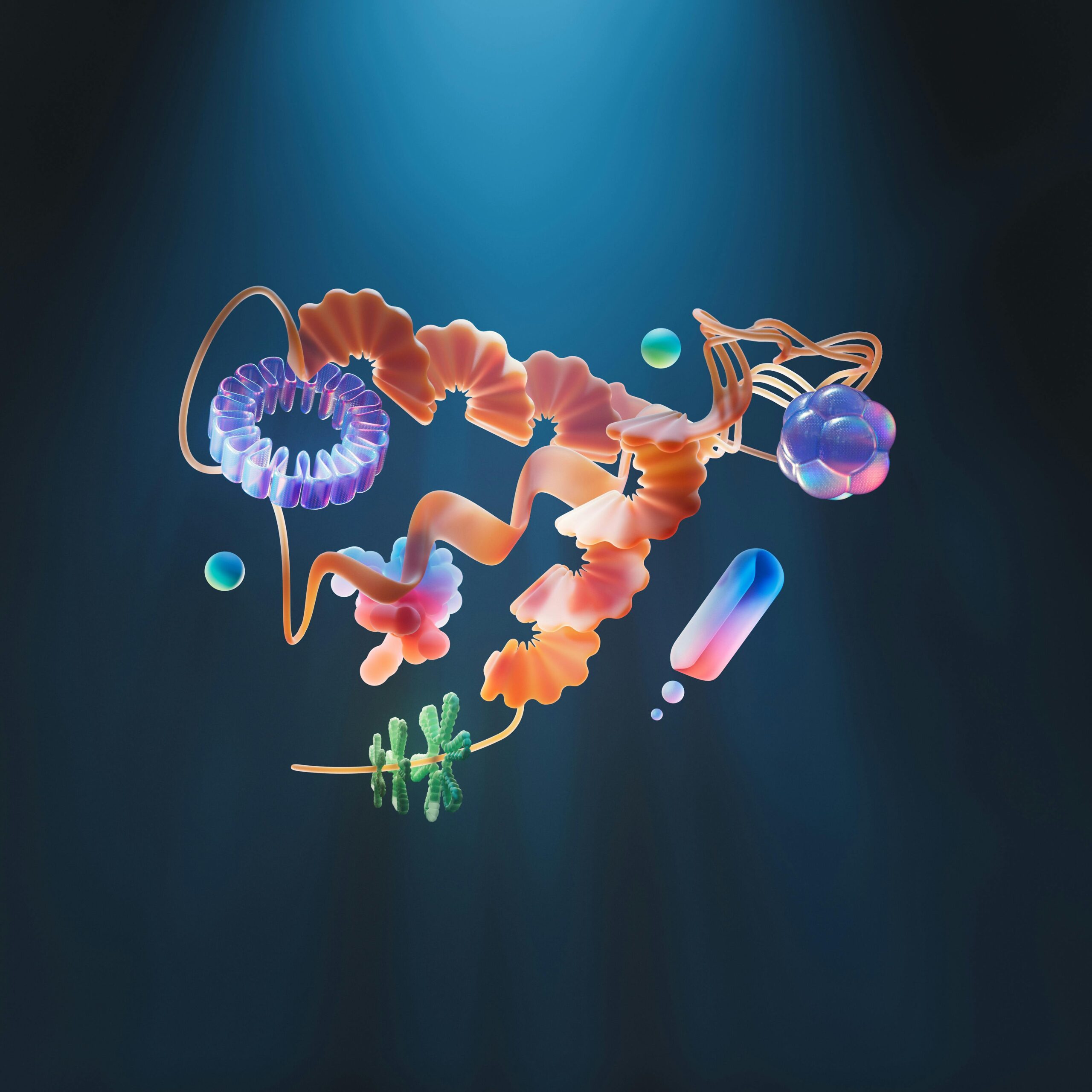The human body needs sodium to function correctly. It is a critical element in many bodily processes, including nerve and muscle function, fluid balance, and blood pressure regulation. However, the popular narrative is that sodium is terrible for our health, and we should limit our intake as much as possible. But what if our understanding of salt is misguided? In his book, “The Salt Fix,” Dr. James DiNicolantonio examines the science behind our understanding of salt and its impact on our health. In this blog post, we will explore the top ten lessons from the book.
“Salt is the single most important ingredient for flavor, and without it, food becomes tasteless and often unpalatable. But salt is much more than a mere flavor enhancer; it is an essential nutrient that is absolutely required for good health.”
Lesson 1: The Health Risks of Salt May Be Overblown
For years, we’ve been told that salt is terrible for our health, but some emerging research suggests that sodium reduction may not reduce cardiovascular disease risk. Instead, it may lead to increased mortality rates in some populations. This lesson explores the relationship between salt intake and health outcomes and how reducing sodium consumption may not be a one-size-fits-all solution.
Lesson 2: Salt is Essential for the Human Body
Salt is a fundamental element in many bodily processes, including maintaining fluid balance, nerve and muscle function, and blood pressure regulation. This lesson explores why sodium is critical to our health and explains how our bodies work to maintain proper sodium levels.
Lesson 3: The Salt Regulation System is Complex
Our bodies have a complex system in place to regulate sodium levels and maintain homeostasis. This lesson dives deep into our natural salt regulation system and explains how it interacts with various bodily processes, such as hormones and the nervous system.
Lesson 4: Not All Salts Are Created Equal
Table salt is the most common type of salt used in the Western diet, but not all salt is created equal. Some salts, like Himalayan pink salt, contain additional minerals that can provide health benefits. This lesson explores the differences between various types of salts and explains which salts may be better for our health.
Lesson 5: Low Sodium Diets May Have Negative Consequences
While low sodium diets have been touted as a way to reduce cardiovascular disease risk, some research suggests they may have negative consequences. This lesson explores the potential negative effects of low sodium diets, including increased insulin resistance and elevated triglyceride levels.
Lesson 6: High Salt Diets May Not Be as Harmful as Once Thought
High salt diets have long been considered a risk factor for cardiovascular disease, but some research suggests that high salt intake may not be as harmful as once thought. This lesson explores the relationship between salt intake and cardiovascular disease risk, and how sodium restriction may not be necessary for everyone.
Lesson 7: Salt Can Play a Role in Blood Pressure Regulation
Salt has long been linked to blood pressure regulation, but the relationship between the two is more complex than once thought. This lesson explores the role of salt in blood pressure regulation and explains how our bodies work to maintain proper blood pressure levels.
Lesson 8: Salt May Improve Athletic Performance
Salt has been used for thousands of years to improve athletic performance, and emerging research suggests that it may be an effective way to improve endurance and overall physical performance. This lesson explores the science behind salt’s impact on athletic performance and how it can benefit athletes of all levels.
Lesson 9: Salt Consumption May Vary by Individual
Not everyone needs to restrict their sodium intake. In fact, some people may require higher sodium levels to maintain proper bodily functions. This lesson explores the impact of individual physiology on salt intake needs and explains how to determine if you require more or less salt in your diet.
Lesson 10: Salt Guidelines May Need to Be Reevaluated
Current salt guidelines may not be appropriate for everyone, and emerging research suggests a need for a more individualized approach to salt intake. This lesson explores the current salt guidelines and explains why they may need to be reevaluated to better reflect the latest science.
Conclusion
In this blog post, we’ve explored the science behind salt and its impact on our health. Dr. James DiNicolantonio’s book, “The Salt Fix,” challenges the conventional understanding of salt and provides valuable insights into how it can benefit our health. By understanding the ten lessons we’ve covered, we can make more informed decisions about our salt intake and better promote our overall health and well-being.



